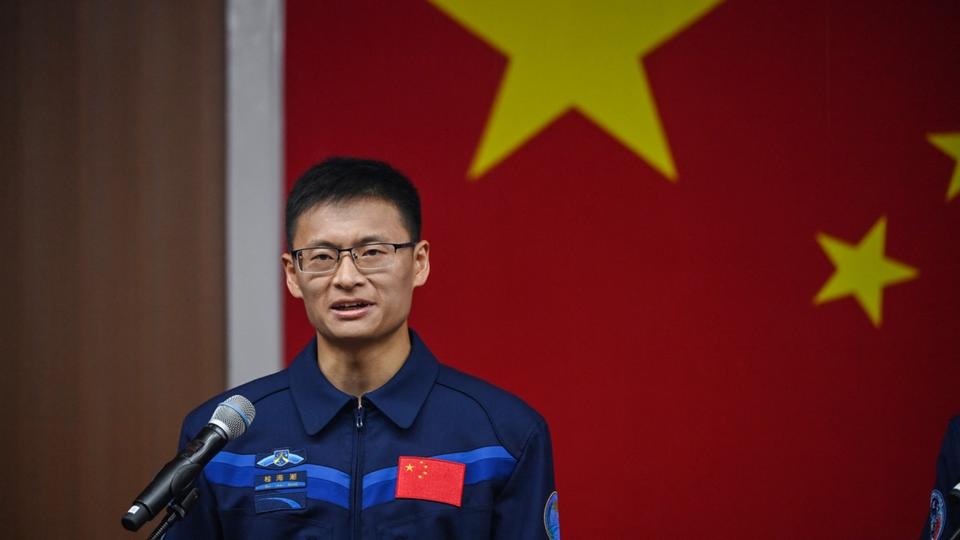China will send a civilian astronaut into space on Tuesday, May 30, for the first time, marking a manned mission to the Tiangong space station to send a crew to the moon by 2030.
It is not part of the People’s Liberation Army first. Gui Haichao, a Chinese civilian, is scheduled to be sent into space on Tuesday to join the Tiangong space station where he will stay for several months with his team, as part of the scheduled sending of a crew to the moon here in 2030.
According to independent expert Chen Lan, the participation of a civilian astronaut (Chinese astronaut) in such a large mission is “particularly significant”, knowing that previous missions were only astronauts trained as pilots and assigned more technical tasks. “This means that with this mission, China is opening the door to space for ordinary citizens,” he said.
The civilian astronaut will fly into orbit alongside Shenzhou-16 mission commander Jing Haipeng, who will be making its fourth flight, and engineer Zhou Yangzhou. The space agency said their rocket is scheduled to lift off from the Jiuquan Launch Base in northwest China at 9:31 a.m. local time (0131 GMT) on Tuesday. They will remain at the station for five months.
The embodiment of China’s “space dream”.
Lin Xiqiang, a spokesman for China’s Human Spaceflight Agency, told reporters Monday that Gui Haichao will be responsible for leading the “orbital and large-scale” science experiments during the mission. It will also have to study “new quantum phenomena, high-resolution time-frequency spatial systems, and investigate general relativity and the origin of life,” the spokesperson added.
A task of particular interest to this professor at Beihang University, who comes from an “ordinary family” in (west) Yunnan Province. Gui Haichao was also particularly happy with the situation, noting that he had “always dreamed of this”, especially since 2003, when he “felt the attraction of flying”, following on campus radio the flight of the first Chinese in space, his university reported on social networks.
This mission was able to see the light of day thanks to the billions of euros invested by China for several decades, among others under the presidency of Xi Jinping, within the framework of the Chinese “space dream”. This budget also enabled the country to make up for most of its delay in confronting the Americans and the Russians.
If China really plans to send its first crew to the moon by 2030, Lin Xiqiang said, it “looks forward to and welcomes the participation of foreign astronauts in manned missions in the country’s space station.”

“Music guru. Incurable web practitioner. Thinker. Lifelong zombie junkie. Tv buff. Typical organizer. Evil beer scholar.”






More Stories
A large manufacturing project awaits space in the industrial zone
According to science, here are officially the two most beautiful first names in the world
Green space, 100% pedestrianized: DIX30 reinvents itself